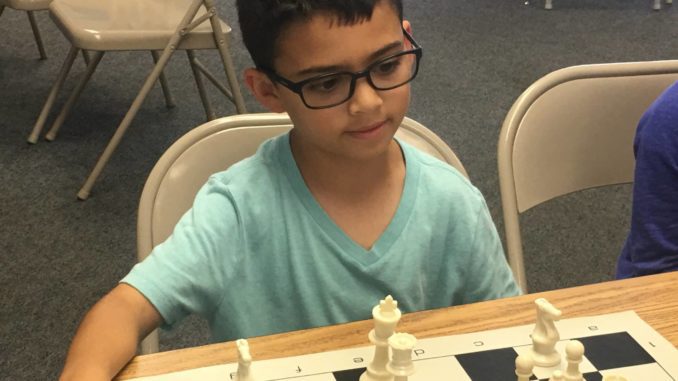
By Marcus Goh and Adrian Kuek
Chess is easy to learn but difficult to master, which is why it is one of the most popular games in the world. Learning chess has many educational benefits too — it’s a game that requires many different skills for one to truly master it. And since it’s the school holidays, what better time is there to let your child learn chess and see just how far you can progress?
Remember, it’s not just about winning the game. What’s learned in chess can also be applied in your education. Here are seven benefits of learning how to play chess.
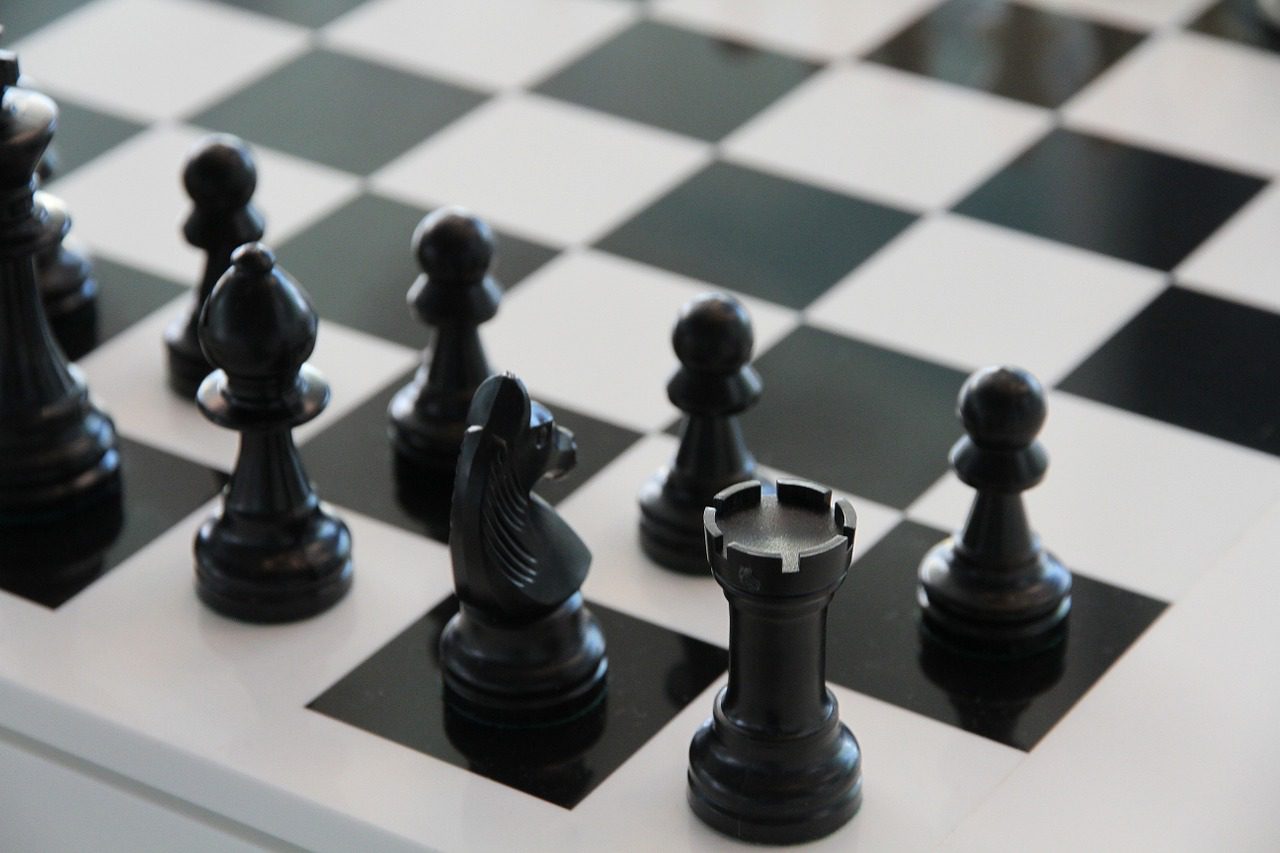
1. Teaches problem solving skills
At its core, chess is a strategy board game where two players have to constantly solve puzzles (by avoiding defeat) and create puzzles (by achieving victory). What it makes it more versatile than say, a Maths problem sum, is that your child is not only solving a problem, but creating new ones too. Depending on the pace of the game, your child will also be doing this at different levels of intensity over a sustained period of time, which trains the mind to be adaptable.
It’s a strategy game, after all, and strategies are all about ways to solve problems to achieve goals.
2. Shows the value of planning
In chess, your child can’t just respond to your opponent’s moves in isolation. He or she needs to anticipate the opponent’s moves and figure out what you want to do next. In other words, your child needs to plan ahead. Your child might need to alter his or her plan depending on what your opponent does, which means he or she can’t go in blind. Chess is a perfect illustration of the importance of planning ahead.
Similarly, compositions and short answer questions frequently require your child to plan ahead if he or she wants to score well. It’s especially pertinent for compositions, because a good plan is what keeps your child focused and prevents him or her from going off-topic. By applying the discipline of planning ahead in chess in the classroom, your child will find that answers become more coherent and structured, hence earning him or her more marks.
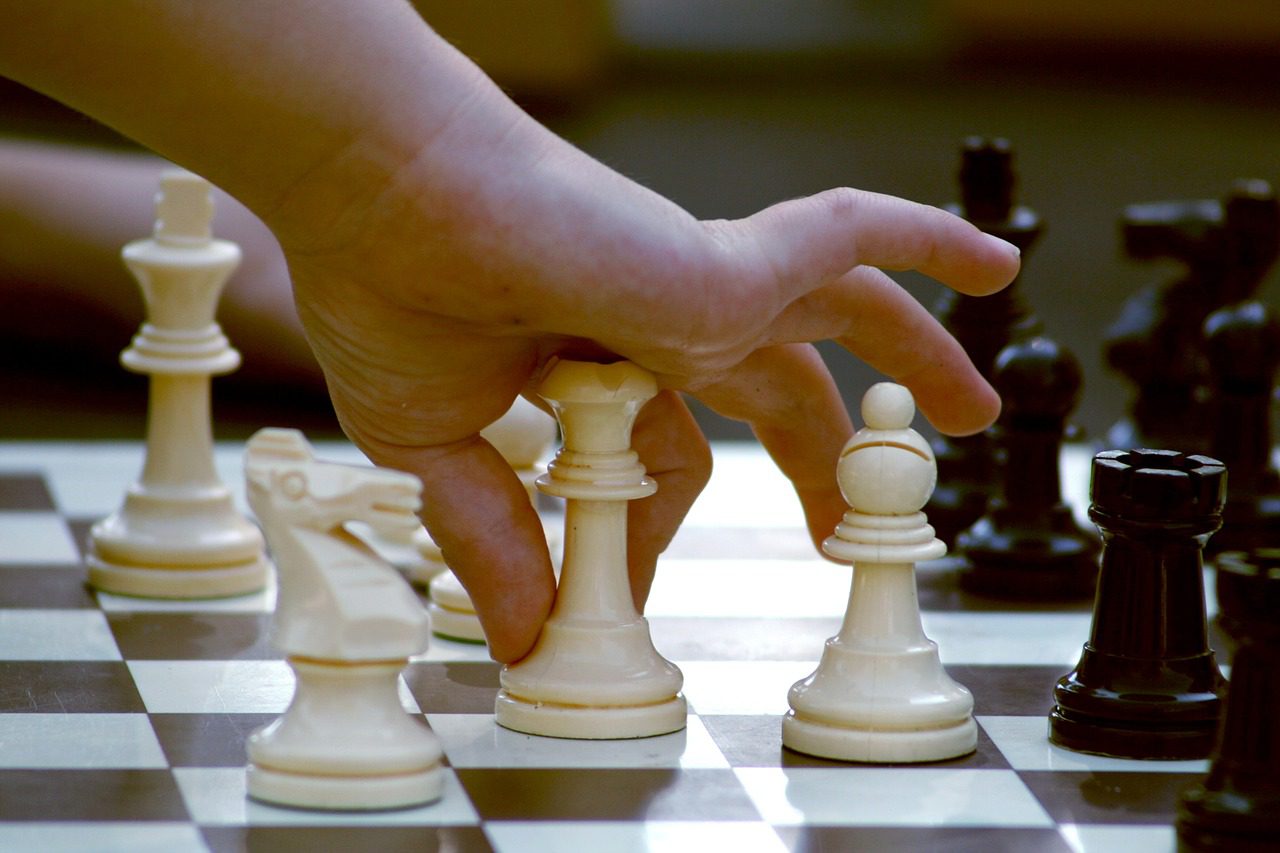
3. Teaches permutation and combination
While permutation and combination is a Maths topic for higher levels, chess teaches the fundamentals of the topic. Players have to mentally map out what could possibly happen after every move. So learning chess will help your child internalise what permutation and combination is, even if they aren’t formally taught that subject yet. There are over 400 different possible positions after each player moves once in chess, and this expands to 288+ billion possibilities after each person has had four moves.
That’s a lot of permuting and combining to do.
4. Improves memory power
In order to effectively use the previous few skills, your child has to memorise possible moves and counters in order to be effective. Keeping track of all the possibilities trains his or her brainpower and memorisation ability, especially since the later stages of the game hold so many different layouts.
In addition, they also have to remember new moves or strategies that they have never encountered before, meaning that they have to memorise new possibilities on the fly.
Who said playing chess would be easy?
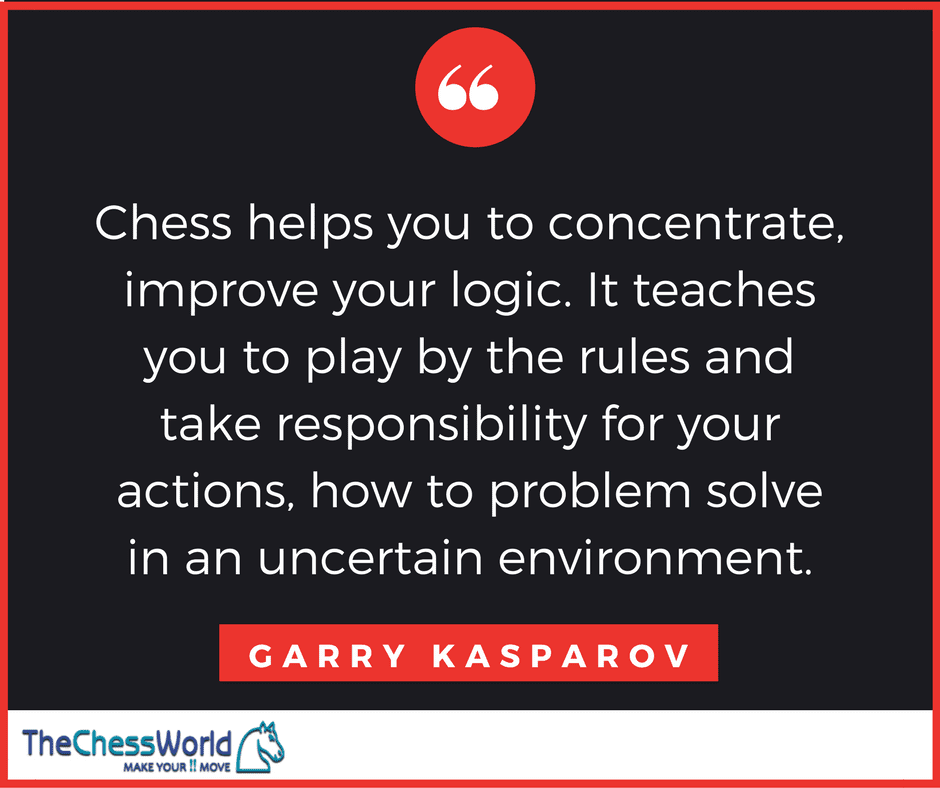
5. Trains players to think under pressure
In competitive chess games, players are timed when it’s their turn. This leads to immense pressure, because your child is literally playing against a ticking clock. One of the common strategies in such timed games is to think on your opponent’s time, which is to plan your moves while your opponent is thinking, and immediately execute it on your turn, thus denying your opponent of the time to think.
Exams are also high stakes events where students face a time constraint in completing all the questions as accurately as possible. A competitive chess game is like an exam in this regard, and trains students to think under pressure.
6. Improves focus and concentration
Garry Kasparov himself once said that “Chess helps you to concentrate”, and this is true. Chess places multiple demands on the player, from keeping track of the opponent’s possible moves to remembering counters for certain moves. There’s no time for daydreaming in chess, and a distracted player is a defeated player.
Fortunately, your child only has to concentrate for the duration of the chess game and relax after that. In an exam and even regular lessons, your child has to focus during that period, but can take it easy after that. Chess teaches this sort of concentration and players are willing to put in this amount of focus, because the stakes are high (victory or defeat).
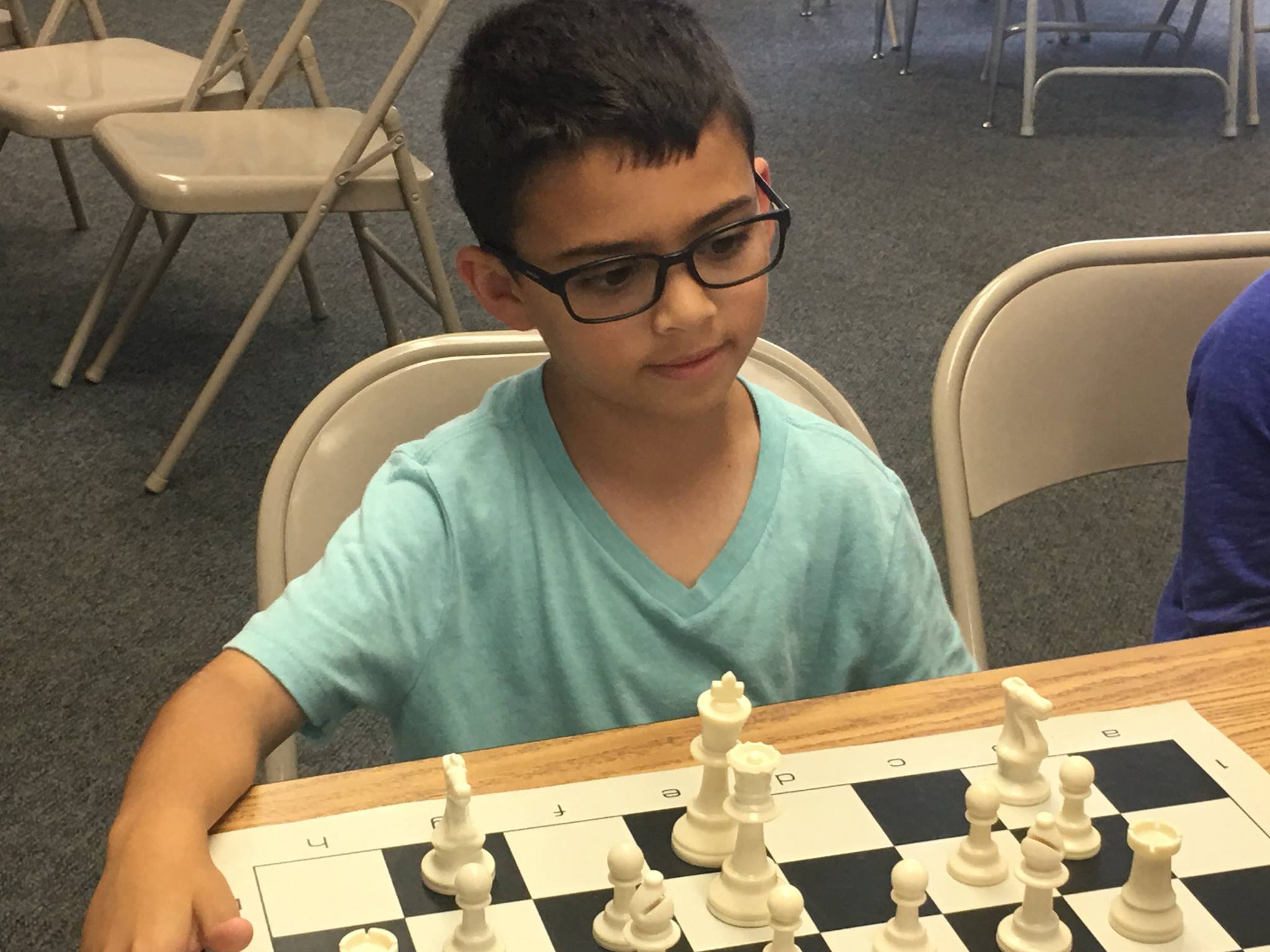
7. Trains both logic and creativity
Finally, chess trains players to be both logical and creative. The logical aspect comes from methodically devising what moves are available and what to do next, while the creative aspect comes from being able to choose the most optimal move from billions of different possibilities. So if you think chess is all about cold hard logic, you’ll be surprised. There’s a good amount of creativity in playing chess too!
Why not expose your children to chess this June holidays to give them some non-academic intellectual stimulation?
For a more light-hearted take on chess, check out what chess pieces would be named if the game were developed in Singapore?
If you’re interested in learning chess, here’s a good course to check out!
This article was written for and first published on Yahoo Singapore’s Grade Expectations.
Grade Expectations is a weekly feature on education in Singapore. Expect fun activities, useful tips and insightful news on learning. It’s not just about your child’s grades — it’s about raising a great child!
Marcus Goh runs Write-Handed, a creative writing studio. At the same time, he teaches English at The Write Connection. He has been a specialist tutor for English and Literature (Secondary) since 2005.
Adrian Kuek runs Joyous Learning, an enrichment centre that specialises in English, Mathematics, Science and Creative Writing for Primary. He previously served as the academic director of one of Singapore’s largest enrichment centre chains for over seven years.
If you liked the article, follow me on Facebook and Instagram for more updates!
To get in touch with me, send an email!
True. Chess is an easy to learn and difficult play game. And chess can sharpen the thought process of children and adults. The post narrated the benefits of chess very well.